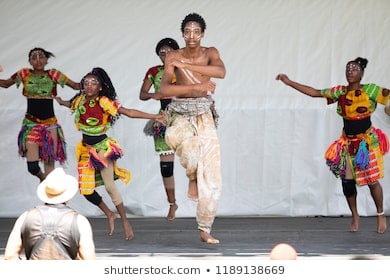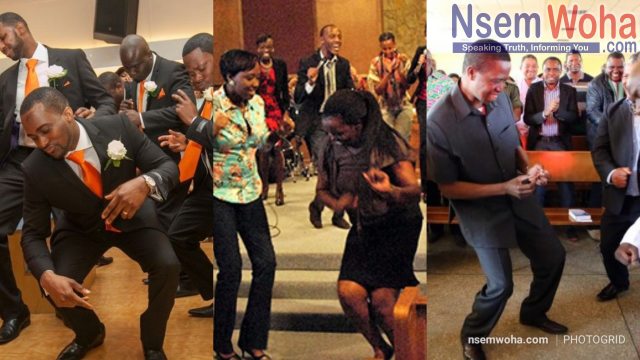African Dance in Durham North Carolina

African Dance….. Which is more important, the Essence? Or the effect on our Lives? Since I’m not sure I’ll start with Effect:
From the New York Times:
“Choreographer Reggie Wilson, who has traveled widely, …. ‘When I first went to West Africa, my whole brain exploded,’ he said in an interview. ‘I’m still picking the pieces off the wall.’ “
” Mr. Wilson recalls that his studies in New York included kinesiology, anatomy, the techniques of Martha Graham and Lester Horton, and the work of Merce Cunningham. In an African village, he said, he would encounter “a step that the elders are doing, and you think it’s going to be a variation of some rhythm you know,” he said. “But then,” he continued, “someone moves some part of the body and you think ‘That’s not possible!’ To me the possibilities of the experimental avant-garde are not greater than the experiences I’ve had traveling in the African diaspora.” “
And for Essence:
I love the following quote from Study.com: “Africa is known for its cheerful music and dances.”
From Wikipedia: “Dances (African Dances) teach social patterns and values and help people work, mature, praise or criticize members of the community while celebrating festivals and funerals, competing, reciting history, proverbs and poetry; and to encounter gods.“
I do believe African dance has a spiritual component that restores our connection to our Ancestors, or the Spirit or Spirituality of our Ancestors for those who prefer to think of it that way. I think, though, given the nature of Spirit, and Spirituality, and Us, they are the same. ( Checkout https://www.mojakore.com/food-for-thought/our-spiritual-environment-care-for-the-earth/ for more on this ).
And definitely, Cheerfulness is a very, very large and important part of that Spirit.
An excerpt from the late Baba Chuck Davis’ video
“We were with community, we were doing the Community In-Reach Program. I was directing that through the American Dance Festival. We were having master classes, all around.
The QUEST, for dance, and especially African dance, was UNBELIEVABLE. Absolutely unbelievable.
Why is Durham important? Because it is the center in this state ( North Carolina ), where Art is more than a “word”. It is a part of the lifestyle of the people.
Look at the diversity here in this area. And as we look at the diversity we began to also look at the CONTRIBUTIONS that each ethnic group that have decided to settle here. Look at the contributions they’ve made. Not only with their art, but with their culture, with their mode of dress, of attire, and for me, their cooking.
Yes. Durham means DINING. Dining means dance, because dining you put it on; Dance you take it off. And at the same time you are learning and becoming a part of The Arts.
Everything, Arts-wise, you can name, we have in Durham, North Carolina. And the African American Dance Ensemble is definitely a part of that scene. We are ready to reach out, and touch, and bring you back into our bosom, because in our bosom rests the Beauty of Art. And once you get into the Beauty of Art you get into the diversity, and with diversity comes Awareness and this Awareness leads to Unity for All. And that’s our Peace, Love, and Respect for Everybody.
Rest in Peace, Baba Chuck Davis, and thank you for all you’ve given us, all you’ve helped us see a little more clearly by being yourself, and for the ways we have grown in our lives as a result.
Rest in Peace, Aunt Jackie, for exactly the same reasons. You will continue to be with us as we will continue to add your Spirit to our own.
One last note: For our readers who find themselves drawn to express this Spirit and Cheerfulness even in Church, please consult your Pastor first. Maybe you will grow from it. Maybe he or she will. Lol.

https://www.nsemwoha.com/pastor-warns-choir-members-for-dancing-shaku-shaku-in-church-in-letter/
Additional References:
https://aade-inc.org/index.html
https://www.nytimes.com/2010/05/23/arts/dance/23african.html
https://study.com/academy/lesson/african-dance-moves-costumes-history.html
https://en.wikipedia.org/wiki/African_dance


Beautiful article I lived in Durham before and could definitely see this in the communities
Thank you Uwimmana! Did you follow the link about the pastor in Nigeria asking his congregation to refrain from doing Shaku Shaku during service? I so loved that!! Both the humor of church asking them to take it easy, and the spirit of the people. So loved that!